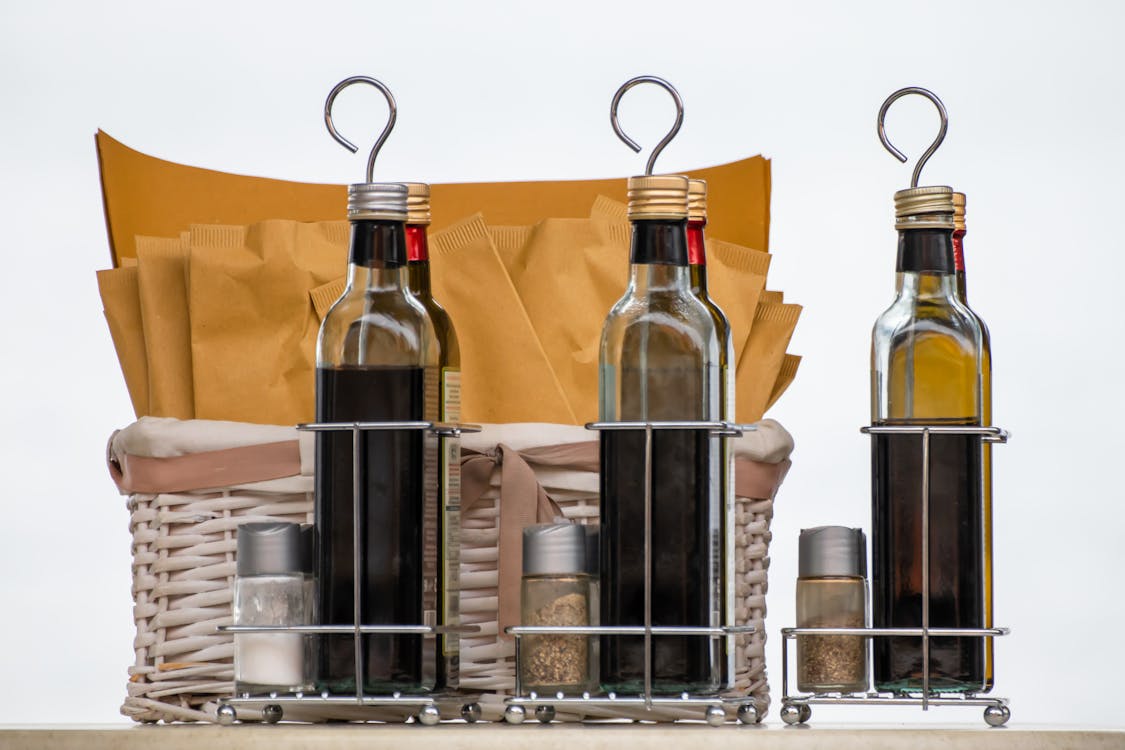A word about vinegars...
So, we already know to be careful about avoiding bread, beer, or other fermented products. But did you know vinegar can also be a hidden culprit? Here's why:
Why Vinegar Matters
 Vinegar is a by-product of fermentation, a process that often involves yeast. While the yeast used in fermentation isn’t always present in the final product, some vinegars may still contain residual yeast proteins or components that can trigger reactions for those with sensitivities.
Vinegar is a by-product of fermentation, a process that often involves yeast. While the yeast used in fermentation isn’t always present in the final product, some vinegars may still contain residual yeast proteins or components that can trigger reactions for those with sensitivities.Vinegars to Watch Out For:
- Apple Cider Vinegar: Made from fermented apples, often involving yeast.
- Balsamic Vinegar: Aged and fermented, which can increase yeast by-products.
- Red or White Wine Vinegar: Derived from fermented grapes.
- Malt Vinegar: Made from barley, which contains both gluten and yeast.
Safer Alternatives:
- Distilled White Vinegar: Generally free of yeast as it undergoes a distillation process that removes most residues. 'Sarson's' also do a distilled pickling vinegar if you like pickling things.
- Citrus Juices: Lemon or lime juice can add acidity without fermentation concerns.
- Rice Vinegar: If marked as "yeast-free," this can sometimes be a gentler option (double-check the label!). 'Nakano Natural Rice Vinegar' is apparently yeast-free.
Listen to Your Body
As ever, reactions to vinegar can vary among individuals with yeast intolerance. If you notice symptoms like bloating, headaches, or fatigue after consuming vinegar-based dressings or marinades, it might be that you are particularly sensitive and should avoid it. Some people may however be able to tolerate small amounts. I personally am ok with distilled white vinegar in small amounts but generally stick to citrus juices as my acid alternative.

Comments
Post a Comment